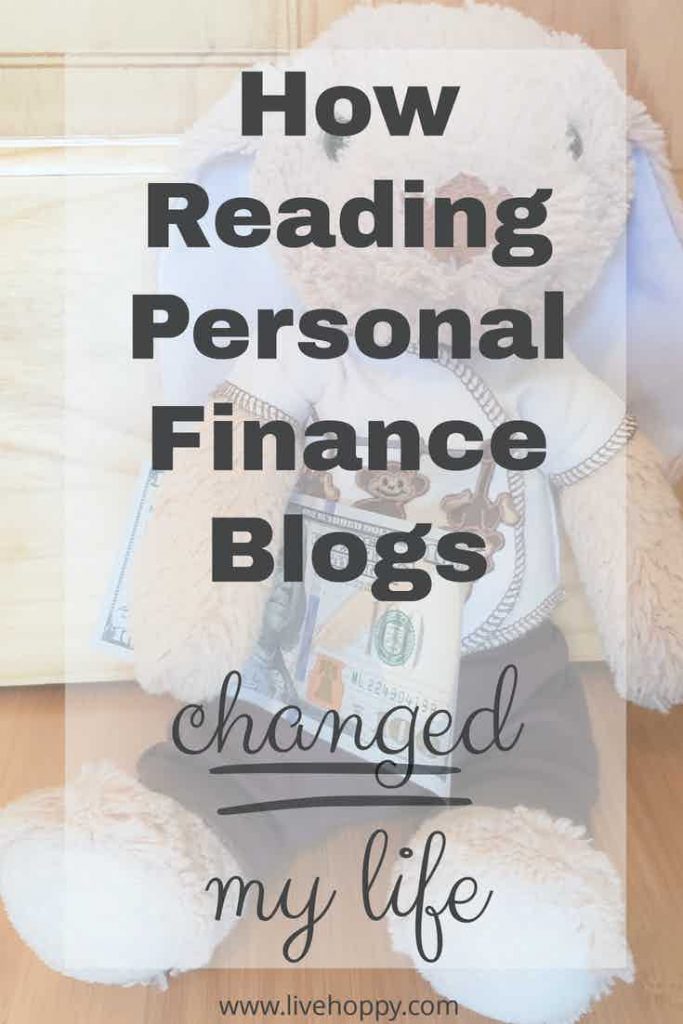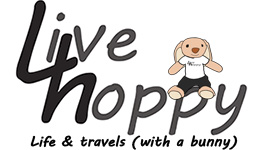
A bit over five years ago, I started to get serious about my finances. I don’t remember exactly the first time I stumbled across a personal finance blog, but it must have been around that time.
I found a whole trove of people on the internet that were part of ‘the FIRE movement’.
What is FIRE?
FIRE stands for Financial Independence Retire Early.
People that are dedicated to FIRE are working to cut back their expenses and save enough money that they can live off of their investments.
They are also a very diverse group. Some of them have huge incomes, others don’t make that much. Some of them get fairly extreme in their frugality. Others are more interested in being really mindful about just buying the things that they feel really add value to their lives.
A lot of them keep working even after ‘retirement’ but find the freedom to switch to work they love instead of feeling stuck in a certain job.
FIRE blogs
So somehow, I found myself reading blogs of people in their 30’s who were set to retire. And not people who had any advantages over the rest of us like wealthy parents.
Actually, a lot of them were people that had loads of student debt, got serious about paying that off and then used the financial skills they gained to start saving and investing.
They were people who were willing to make sacrifices that not everybody would want to make – driving old cars or no car at all, having roommates well after college, not eating out, renting their houses out on Airbnb when they go on vacation and a whole range of creative scroungy strategies.
Reading their stories, I’d sometimes feel jealous of what they had but it was also clear that I often wasn’t interested in making the same sacrifices.
That said, I have drawn a huge amount of inspiration and ideas from this crowd. Sometimes I read their stuff and think “That’s not for me.” Other things strike me as brilliant and I adopt them.
The biggest change for me has been becoming intentional and thoughtful about my financial life. I’m making real choices and plans about what is worth it to me and what is not.
I’m definitely not on a path to reach financial independence in my thirties. I am in a much more stable place than I would have been without these resources.
Learning from others
Just reading about other people’s journeys and all of the things they have tried and learned has helped me immensely. There have been so many specific strategies I’ve read about.
I have learned about:
- investing – index funds, expense ratios, and three fund portfolios
- cheap cell phone plans (something I waited too long to try out because it sounded weird but now love. I use Mint Mobile and pay $15 a month. You can use my Refer A Friend link and get a discount if you want to try it out.)
- the importance of keeping monthly (recurring) costs low
- having rentals (not something I’m likely to do)
- budgeting (which I still don’t really do because so many of my expenses are one off- how do you put new tires for your car in your monthly budget anyway?)
- expense tracking (which I have done religiously for years now).
- tackling my largest expense categories.
- high yield savings accounts (my emergency fund now earns interest for me while sitting around)
- how others keep grocery bills low
- finding the best credit card rewards
And so much more…
Changing my mindset
I have learned lots of strategies and ideas.
More importantly, I have changed my mindset and become really interested in this idea of exploring what of those ideas and strategies are right for me to adopt and what aren’t.
Financial independence sounds amazing to me, but it’s not actually my goal at this point at least not on an accelerated scale. However, my financial goals and plans have changed due to reading the journeys of others who are pursuing financial independence.
I have put time into thinking about what my real priorities are in life. Where do I want my time to go? My energy? My money?
I’m still not cheap. OK. I’m actually pretty frugal. I also basically buy whatever I want. The trick is that my wants are balanced by knowing that I work hard for my money. I don’t want to give that time and energy away for things that aren’t really important to me.
I save a lot more than I used to, not because I’m interested in being rich, but because I am interested in freedom and flexibility in my life.
Keeping monthly expenses low gives me the flexibility to pick work I enjoy instead of having to make a certain amount in order to maintain my lifestyle.
FIRE blogs
Here’s a small sample of some of the different blogs and types of posts I’ve read over the years.
Mr. Money Mustache’s article on The Shockingly Simple Math Behind Early Retirement was really eye-opening to me as well as this simple Early Retirement Calculator that it links to. It turns out how long until you can retire is directly dependent on your savings rate and you can calculate it without using numbers for income and savings. This makes sense, but I had never thought of it in those terms before I read this.
Jillian Johnsrud has a post about saving 100k by the time she was 24. She also has a lot of other great posts about financial independence and intentional living.
5am Joel has a lot of great posts. Him and his wife took a year off work together even though they’re not technically FI yet. It was interesting to follow that journey. Here’s a post from him on credit card hacking to demonstrate some of the different things people come up with to try.
How Understanding the Marginal Utility of Money will Make you Happier by The Happy Philosopher talks about how when we have a small amount of money it has a big impact on our quality of life. As the amount of money we have increases, the impact it has decreases.
A post on PFGeeks about high yield savings accounts was one of the things that recently gave me that final nudge to move my emergency fund to a new bank that pays better interest. (Interest rates have dropped since this post, but my new account is still a lot better than what my last one paid.)
Here’s a post from Michael Lacy of Winning to Wealth discussing lessons he learned due to losing his job during the COVID-19 crisis. (Hint: job loss is a lot more comfortable if you’ve worked hard to be in a good place financially.)
For the final post I’m including I’ll link this one on Slow FI from the Fioneers because it resonates so much with my perspective on these things. It’s about taking the scenic route to FI and considering options like a part-time job a person loves instead of a full-time job that makes one miserable.
In the end, reading FIRE blogs has opened my mind up to options. It’s let me know that there are so many different ways to do things. I’m motivated to explore and find what works best for me.
You might also want to read about why I decided to start sharing about personal finance on my blog.
